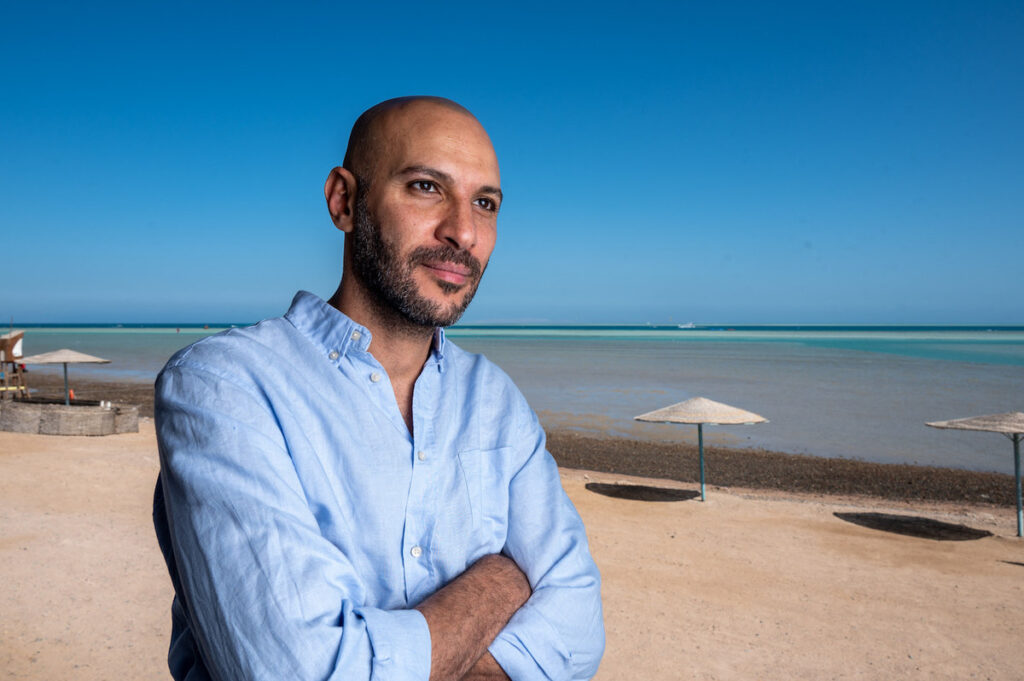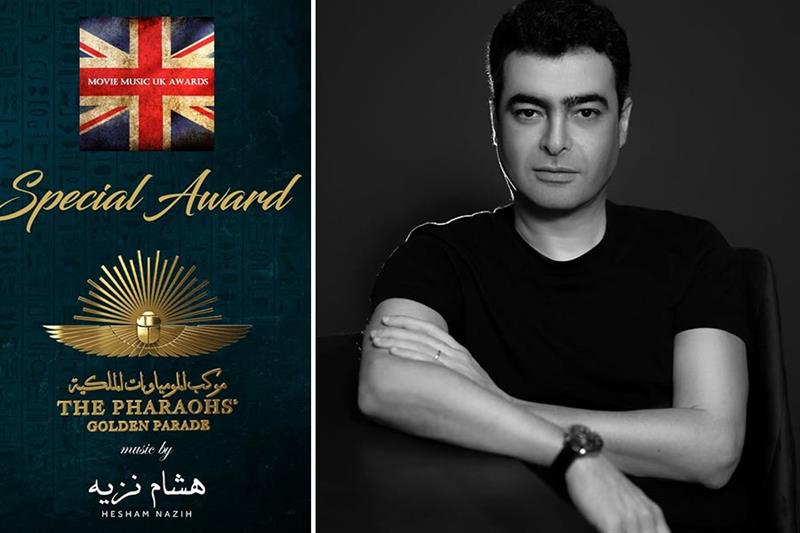Representation matters. Not just representation of ethnic background, but of personal experience. As Egyptian director Mohamed Diab becomes the first Arab to direct a Marvel project with the eagerly awaited limited series “Moon Knight,” it’s a landmark moment not only because of his nationality, but also because he was born, raised, thrived and suffered in Egypt, living through his country’s revolution and painful rebuild, and ultimately becoming one of its most important chroniclers.
“I’m not someone who is obsessed with firsts, but I will say that what is unique about me getting the Marvel job is that I’m coming directly from the Arab world,” Diab — who previously helmed the award-winning films “Cairo 678” (2010), “Clash” (2016), and “Amira” (2021) — continues.
There was a major reason that Diab’s voice was so necessary to the project. While many of the Marvel comic books from the 60s and 70s drew from cultures and mythologies from across the world, they were written and drawn from a perspective foreign to the cultures they were influenced by, leading to limited — sometimes offensive — portrayals of those people, places, and histories.
Part of Diab’s mission was not just to apply his own voice to the show, but to include the creative voices of as many Egyptians and Arabs as he could. Each Egyptian character on the show is portrayed by an actual Egyptian — something rarely, if ever, done in Hollywood — including the ancient deity that plagues Moon Knight himself. Behind the scenes, Diab recruited the previous collaborator Ahmed Hafez as one of the series’ editors, and the great Egyptian composer Hesham Nazih to write the series’ score.
Diab — as the show’s key creative voice along with creator Jeremy Slater — was integral in far more than capturing the Egyptian aspects of the show; he helped shape its entire aesthetic, so the show embraces elements that no Marvel project has before in terms of tone, style, and themes. He also personally convinced two actors who had long resisted becoming part of a superhero project — Oscar Isaac and Ethan Hawke — to come aboard.
“The wonderful idea of hiring Mohamed to be our quarterback, to guide this ship, is that the movies he’s made in Egypt are incredible,” says Hawke. “He’s not looking at this with the eyes of an American, he’s looking at this — and these deities, and this world — from a vantage point of growing up in Egypt and having a lot to say about it. It’s exciting to be around him in that way.”
Diab also recruited the Egyptian-Palestinian actress May Calamawy, best known for her role in the Golden Globe-winning sitcom “Ramy,” as one of the show’s leads.
Ultimately, “Moon Knight” — which debuts internationally on Disney+ on March 30 and will premiere in the region this summer — is a show full of outsiders who, in partnership with Marvel Studios head Kevin Feige and many others, lent their creative voices to make this a Marvel project like no other.
source/content: arabnews.com (edited)
________

_________
EGYPT
